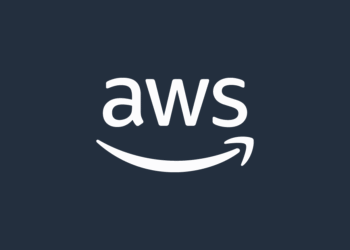Select Language:
Aijiang Technology, a Chinese provider of photovoltaic testing equipment, has introduced the first solar battery testing system that combines machine vision and artificial intelligence, resulting in significantly improved testing speed and cost reductions.
The new system, called Xinghan AI, can increase solar battery testing efficiency by over 13 times and achieves an accuracy rate of 98.7 percent in defect detection, according to Yuan Wuhui, the CEO of Wuhan-based Aijiang Technology. The technology has already been applied in six industries, including flexible solar panels and micro LED displays, leading to a 40 percent decrease in testing expenses.
In China, the materials used for solar batteries are shifting from traditional crystalline silicon to perovskite, which offers higher optoelectronic conversion efficiency and tunable band gaps. An industry insider explained to a news source that the precision of these new materials also raises higher standards for quality inspections.
Perovskite battery production requires liquid spray coating, but previously, defect detection mainly depended on manual inspection, which took two to three days for feedback. Professor Ai Zhao from Wuhan Textile University noted that adopting AI technology can greatly boost manufacturing capacity and increase yield rates.
The Xinghan AI system’s testing database includes 25 types of perovskite materials and 38 varieties of quantum-dot structures, which refer to the nanometer-scale arrangements of semiconductors with different optical properties, Yuan added.
Market demand for intelligent testing equipment has surged as China’s manufacturing sector emphasizes high-end development. Last year, China’s market for smart testing tools surpassed 260 billion yuan (approximately 36.2 billion USD) and is projected to exceed 300 billion yuan this year, according to a recent report from a leading industry research and consulting firm.
With the integration of advanced technologies such as AI and quantum mechanics, testing tools are moving from merely detecting issues to proactively predicting potential risks. These innovations are evolving from individual devices into comprehensive systems that support the entire development process of China’s high-end manufacturing industry, stated Ai.







